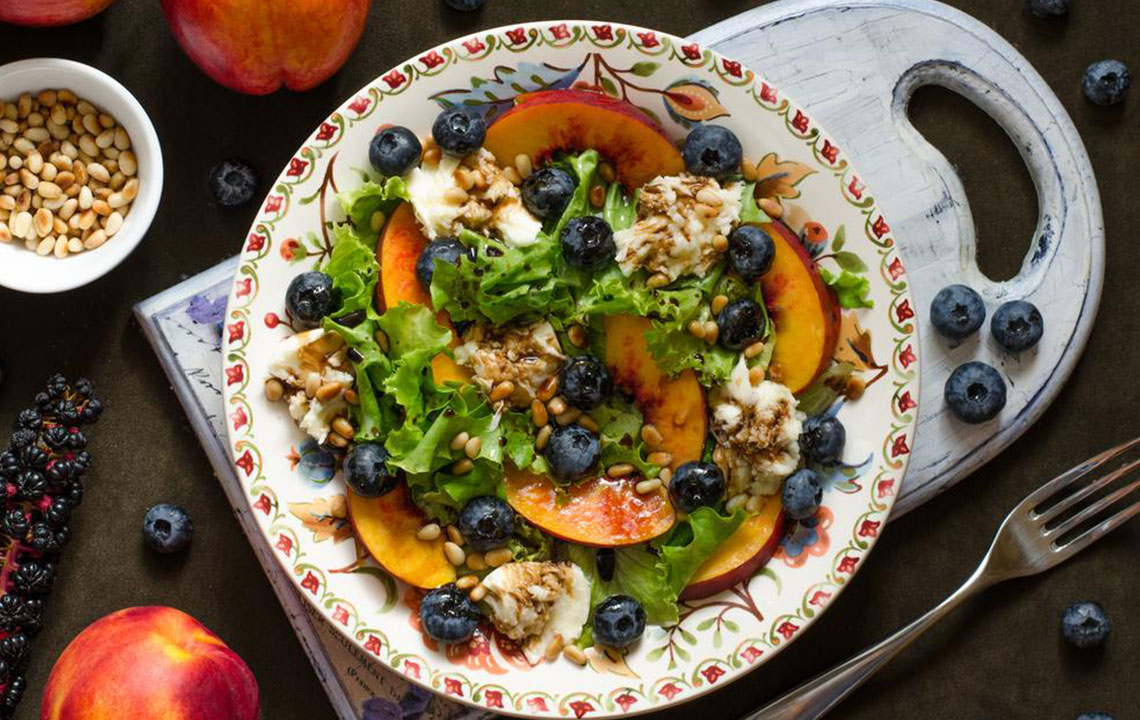Ultimate Dietary Strategies for Managing Gout Effectively
Discover effective dietary strategies to manage and prevent gout flare-ups. Learn about foods to include, avoid, and lifestyle habits that support joint health. This comprehensive guide offers practical tips, nutritious recipes, and advice to help you maintain a gout-friendly diet and improve your quality of life.

Managing Gout with Dietary Choices
Gout is an inflammatory form of arthritis that causes intense pain, often in the big toe but also in other joints. This condition arises from uric acid crystals building up in the joints, leading to swelling and discomfort.
Understanding Gout and Its Causes
Uric acid is produced naturally during metabolism. Normally expelled through urine, excess production causes elevated levels, leading to crystal deposits in joints and flare-ups.
Purines and Their Role in Gout
Purines are substances found in various foods and in the body that produce uric acid when broken down. While traditionally limiting purine-rich foods helped manage gout, current research suggests some high-purine vegetables and foods can be included due to their beneficial nutrients that fight inflammation.
Diet Tips for Controlling Gout
Tailoring your diet to include specific foods and lifestyle habits can significantly reduce gout attacks. Essential tips include:
Maintain a Healthy Weight
Excess weight increases uric acid levels and stresses joints. Weight loss can lower uric acid and alleviate symptoms.
Stay Hydrated
Drinking sufficient water aids in flushing out uric acid, reducing attack risks. Consult your healthcare provider for personalized hydration guidance.
Choose Complex Carbohydrates
Focus on fruits, vegetables, and whole grains to support digestion and toxin removal.
Limit Alcohol Intake
Excessive alcohol can provoke gout by affecting blood pH and uric acid crystallization.
Avoid Trigger Foods
Reduce consumption of organ meats, red meats, shellfish, fatty fish, sugary foods, and high-fat dairy products.
Include Gout-Relief Fruits and Veggies
Vegetables like spinach, asparagus, cauliflower, peas, and mushrooms are safe in moderation; berries and cherries have anti-inflammatory benefits that may lessen symptoms.
Moderate Coffee Consumption
Coffee might lower gout risk, but check with your healthcare provider before making dietary changes.
Enjoy Flavorful Gout-Friendly Recipes
Many recipes support gout management, including vegetarian dishes, poultry, and fish prepared with low-purine ingredients. Use spices freely for flavor without increasing purine content. Dishes like vegetable pasta offer satisfying alternatives to meat-heavy meals.
Adopting an anti-gout diet through careful planning can be both tasty and effective. Try new recipes to keep your meals enjoyable and health-focused.
Disclaimer:
The content provided offers general information and practical tips but should not replace professional medical advice. Always consult your healthcare provider for personalized guidance and the latest treatment options.


